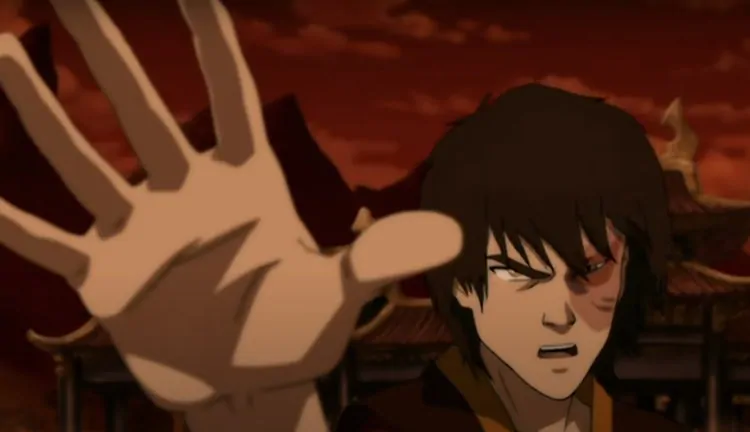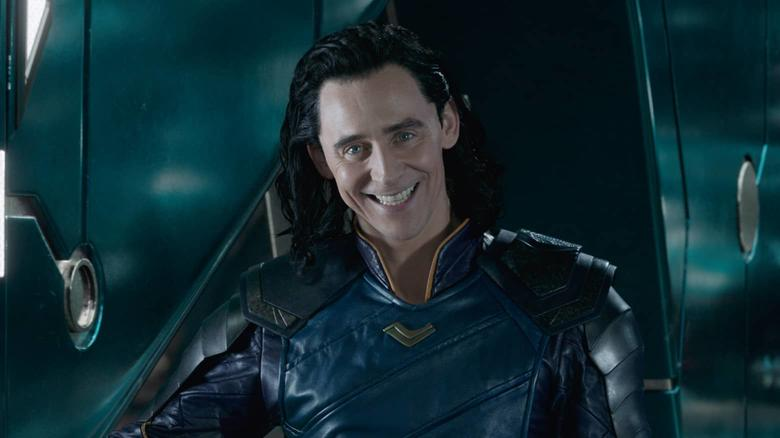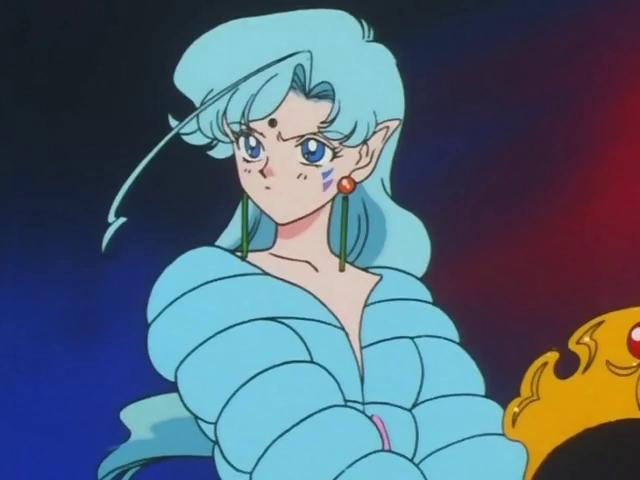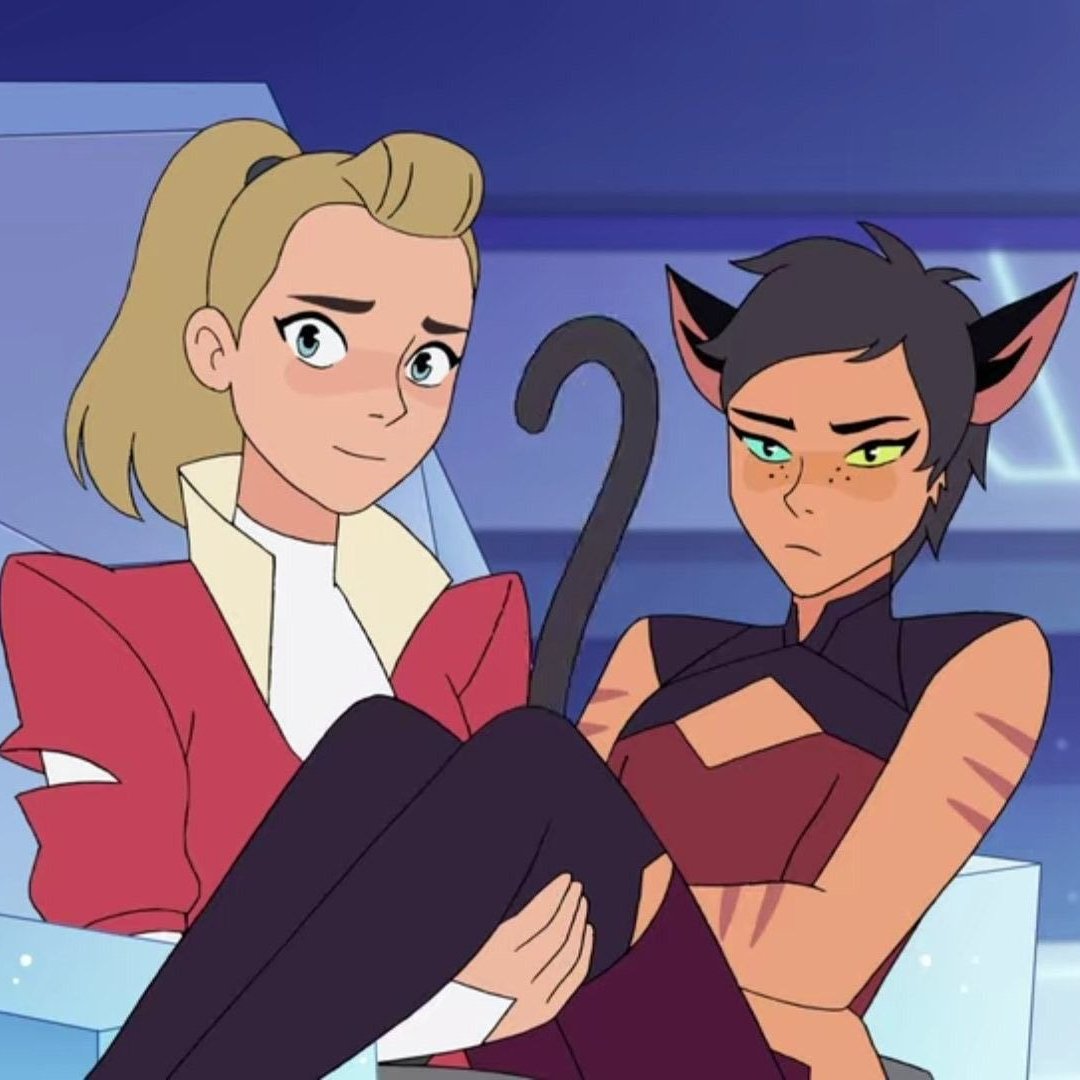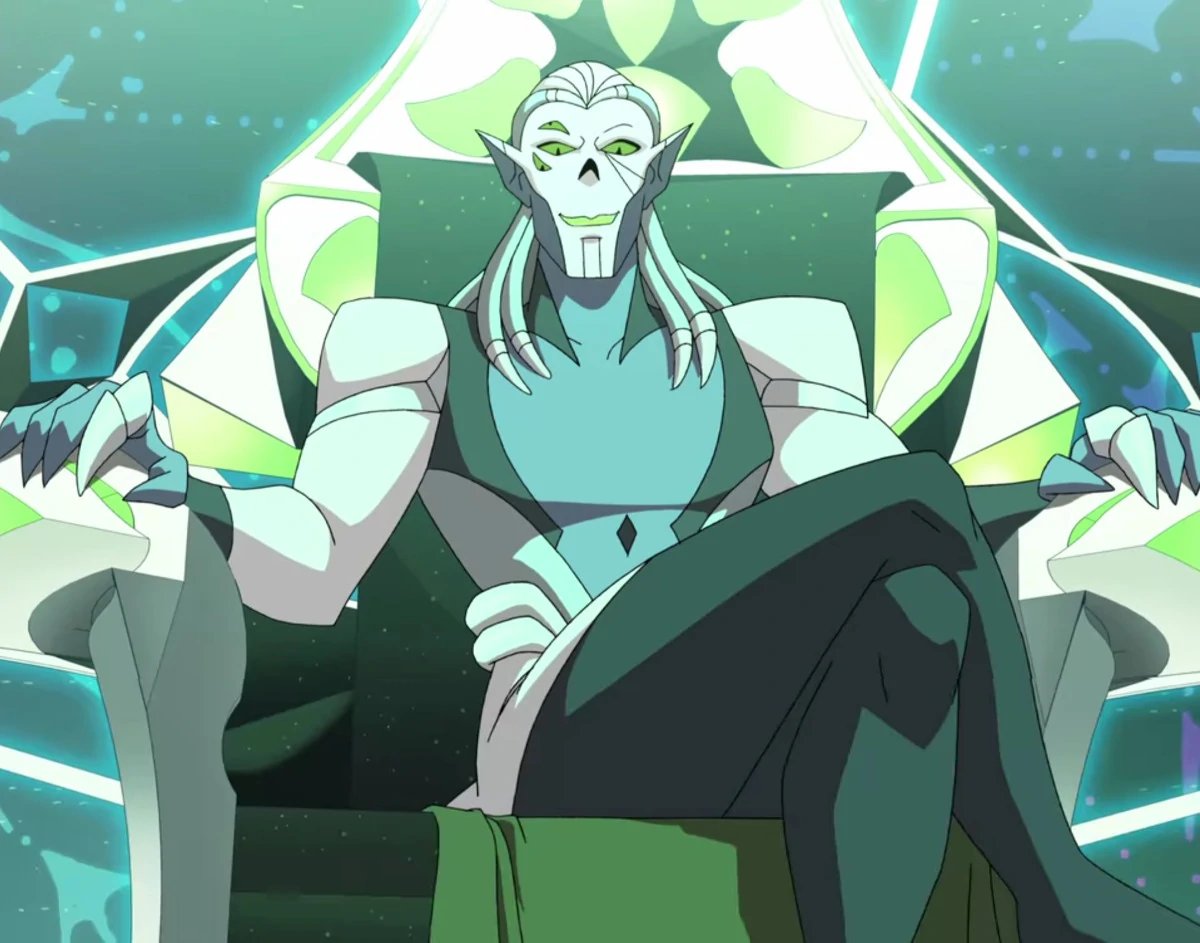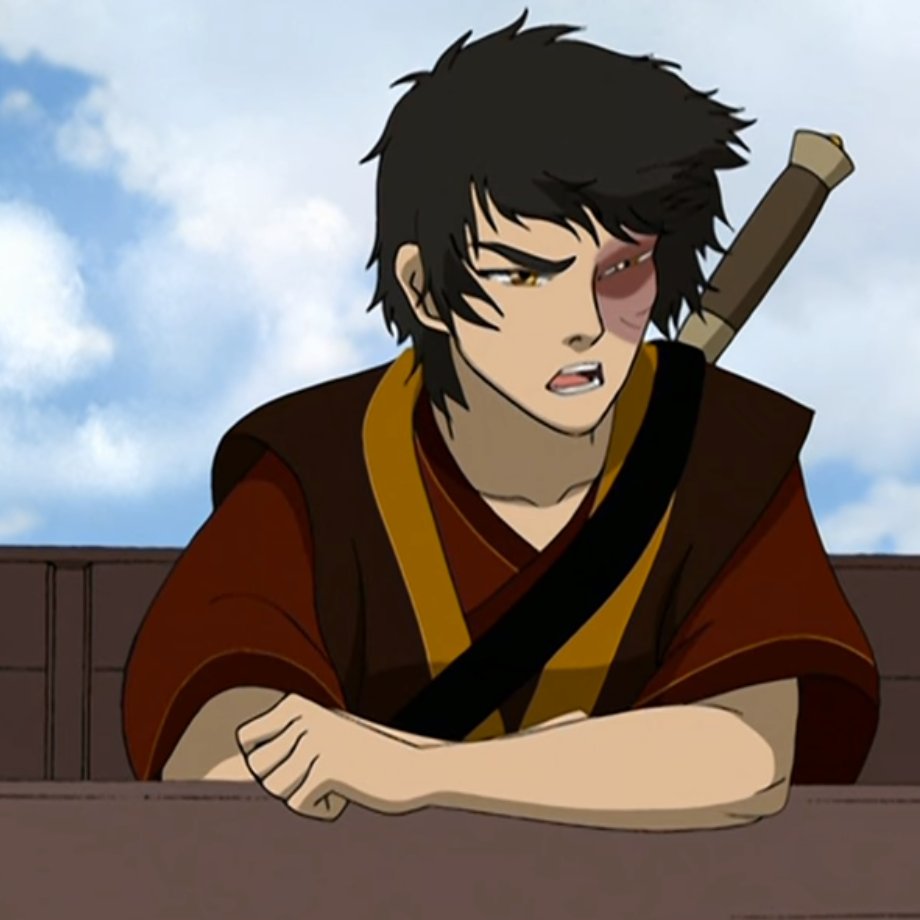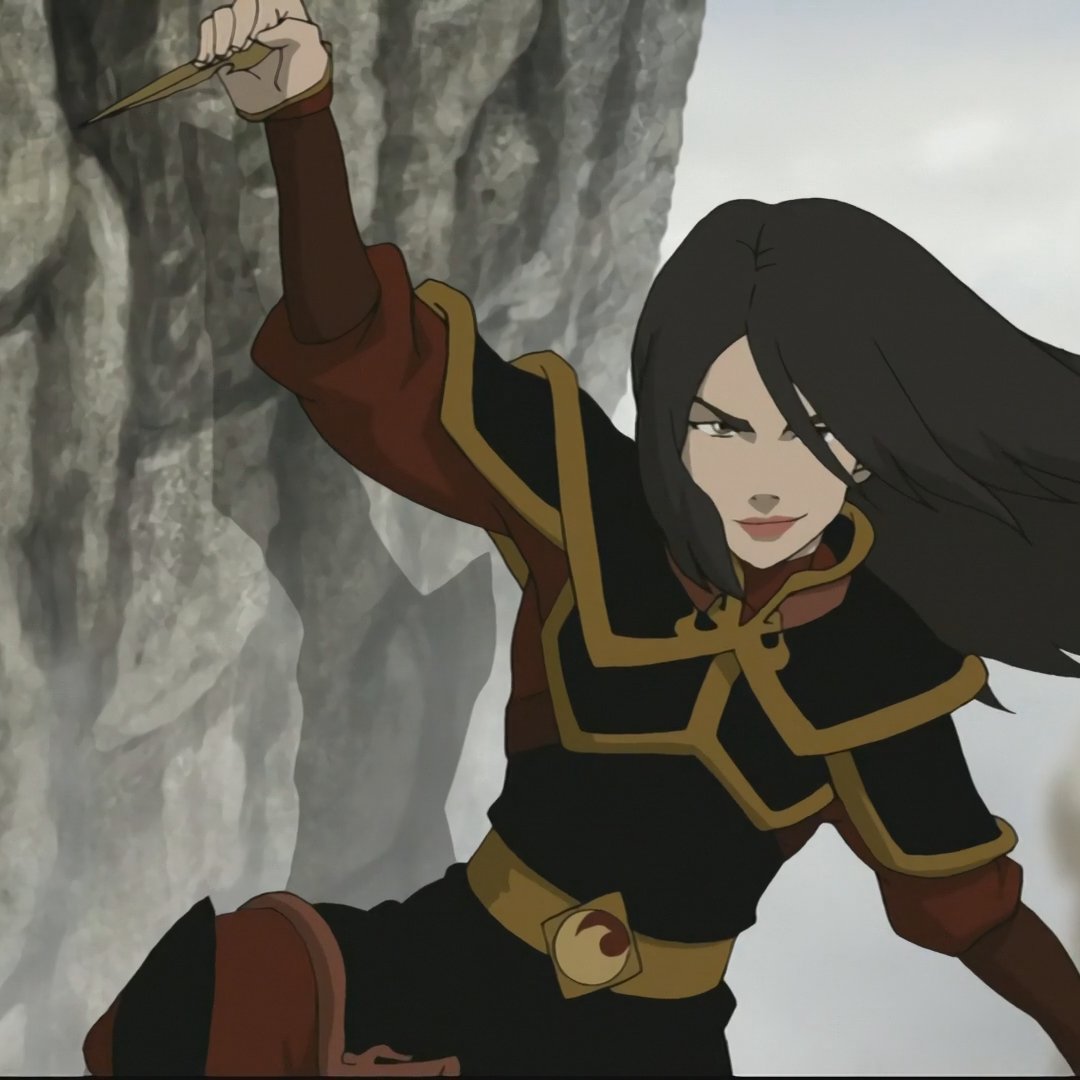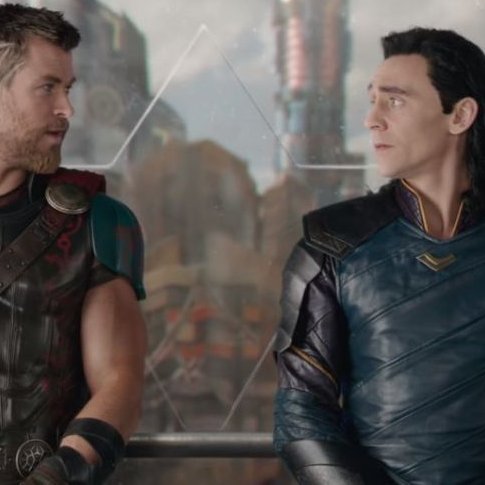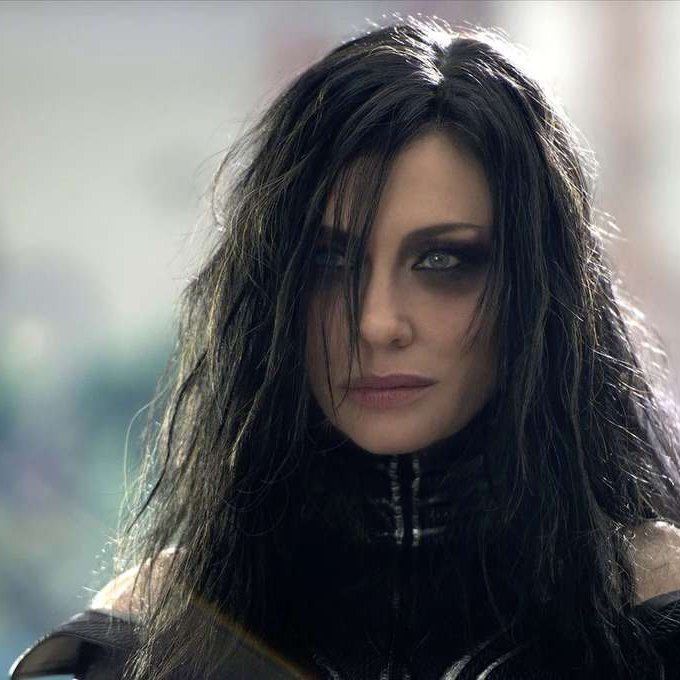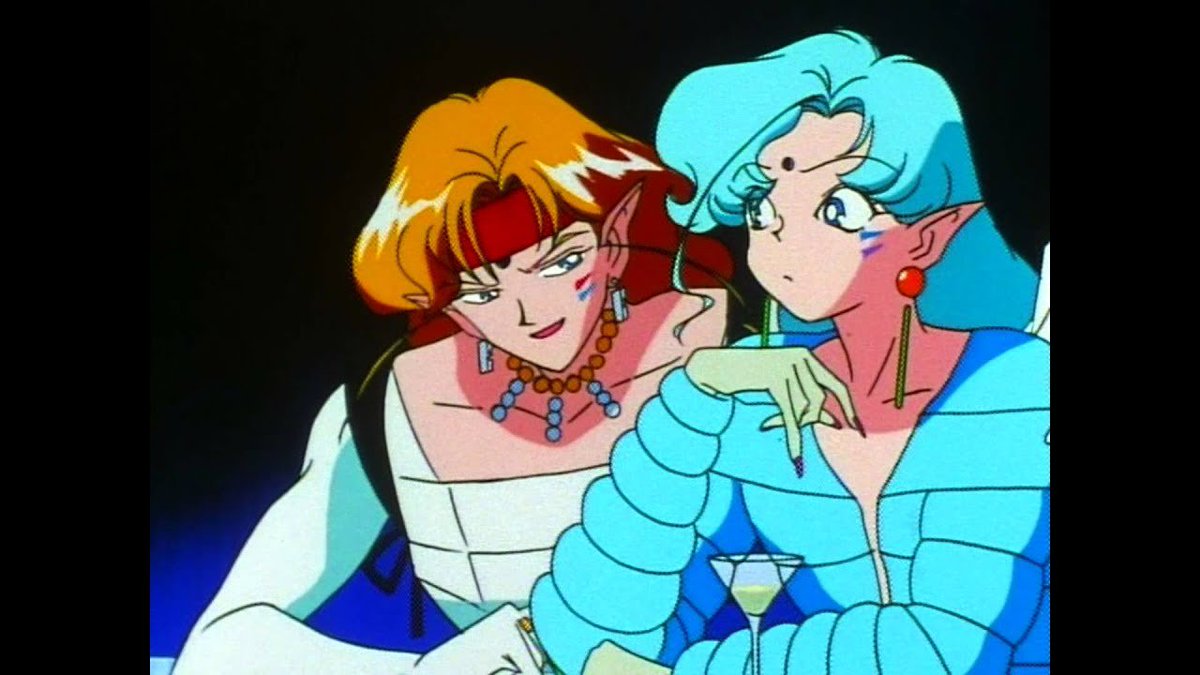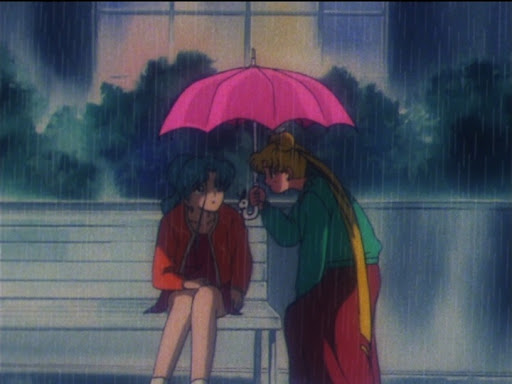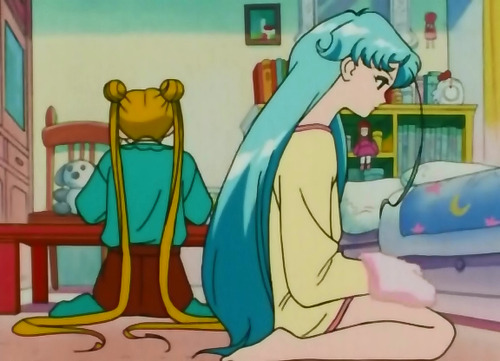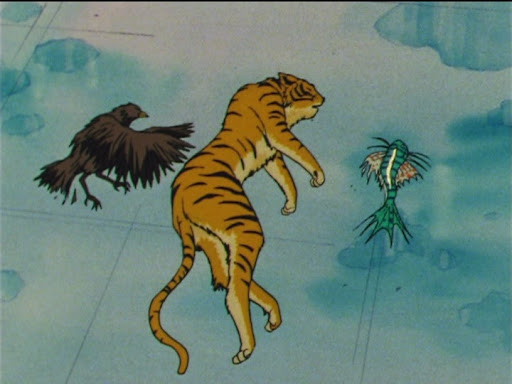Considering the recent salience of prison + police abolition I think redemption arcs may be good imaginative ground to examine what happens someone does harm but are accountable to repairing it
BUT I want to talk about the Bigger Bad trope in redemption arcs
BUT I want to talk about the Bigger Bad trope in redemption arcs
Basically the redemption arcs of many hard villains are established by intro’ing a bigger, badder enemy shortly before the redeemed begin their arc which does a lot of things: makes them question their choices, makes their harm seem limited in comparison,
Here is me guaranteeing Catra’s redemption in She-Ra before the final season was released because the intro of Horde Prime at the end of season 4 was such an obvious set up: https://twitter.com/LowArctic/status/1204536518083104769?s=20
Catra’s redemption is precipitated by the introduction of Horde Prime: pushing away all her friends and dissatisfaction at defeating the Princess Alliance, is the core of the redemption but having Horde Prime there makes the realignment with the Alliance really easy for us
In ATLA Zuko’s redemption is initiated by Azula’s introduction and betrayal forcing Zuko fully out of the Fire Nation, making Zuko question is path and goals, and establishing a ‘truly evil’ villain that makes Zuko’s harms pale in comparison
Loki’s redemption actually happens TWICE: martyred in The Dark World and then he’s brought back and Hela is est’d as the Bigger Bad in Ragnarok forcing Thor and Loki to work together AND THEN is martyred again in Endgame
An important function of the Bigger Bad is that they represent true irredeemption: the redemption arc makes us question and doubt the good-bad binary, but by establishing a character that is so evil that they cannot be redeemed, the good-evil binary is reinforced
I think Fish Eye from Sailor Moon is an interesting example of a villain whose redemption is precipitated by kindness and deep reflection of his role in creating harm and conflict
Fish Eye’s dissatisfaction with the fact that Zirconia never gave the Amazon trio full human form and thus they cannot have beautiful dreams like humans do, and solidified when Usagi takes him into her house and cares for him (while in disguise)
So there’s no Bigger Bad here, just Fish Eye’s reflection of his relationship to power and how the Dead Moon Circus doesn’t care for him, made clear by Usagi’s kindness, leading him to intervene on her behalf at the cost of his own life and human form
I think the Bigger Bad construction doesn’t necessarily mean the redemption arc is any less redemptiony BUT is more reflective of how we as the audience need it to feel comfortable transgressing a comfortable good/bad binary
Many people, myself included, want to be assured that ultimately at least SOME people are disposable, even as we praise redemption because that’s the way the prison industrial complex has socialized to understand harm
We typically don’t have the luxury of the Bigger Bad when figuring out how to handle people that have done harm in real life, which isn’t to say we can’t have it in media, but that sometimes the vulnerability of redemption w/o the background of a Bigger Bad is more interesting

 Read on Twitter
Read on Twitter